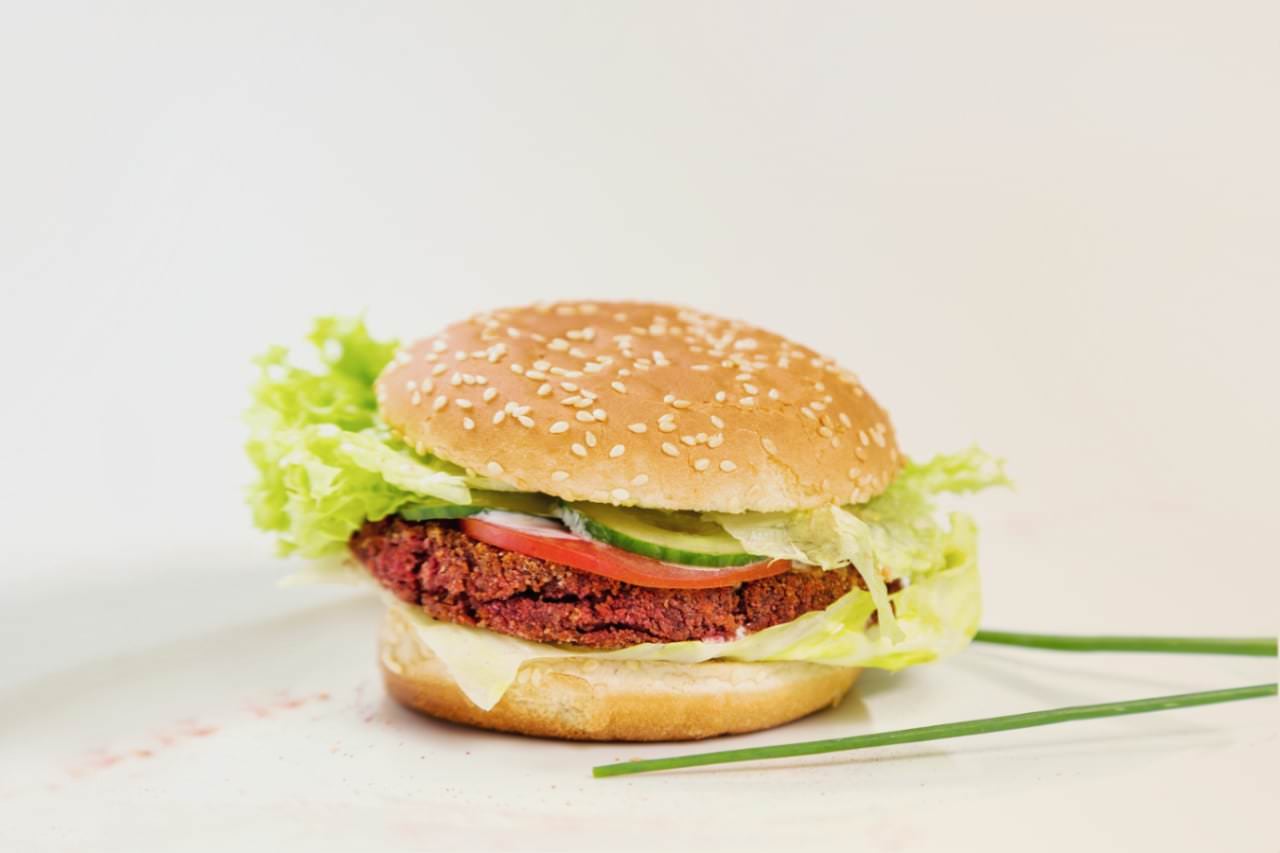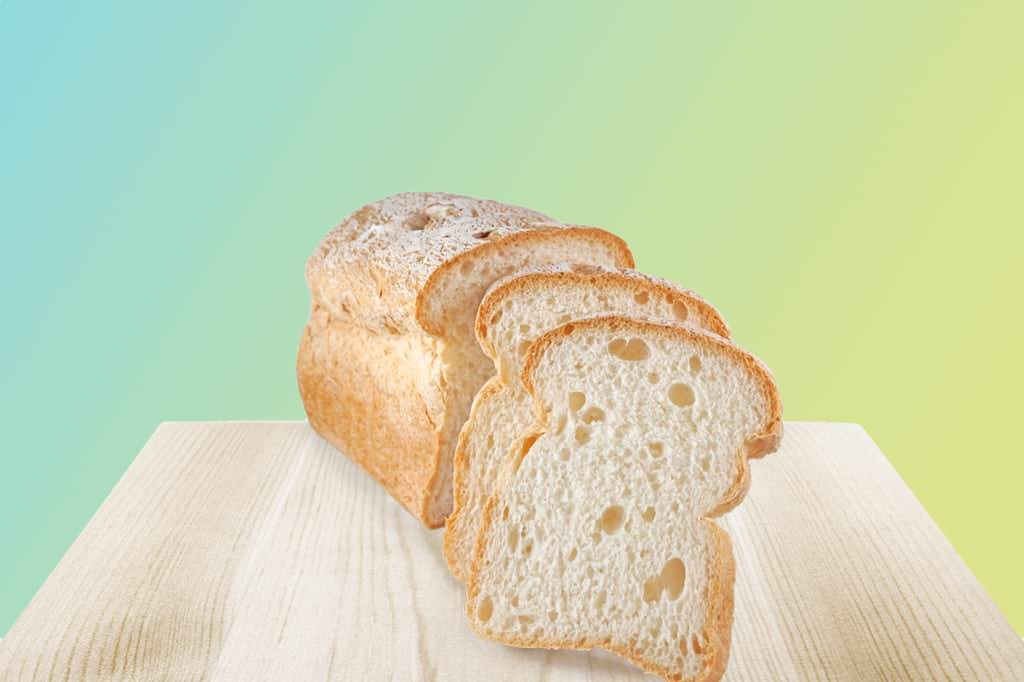Is Methylcellulose vegan?
Yes, Methylcellulose is vegan. It is not derived from, nor does it contain any ingedients of animal origin. Methylcellulose is widely used in vegan products, ranging from gelatin free capsules to plant-based meat substitutes.
What is Methylcellulose made of?
Methylcellulose is made from natural cellulose. Cellulose, a polysaccharide which provides structure for the cell walls of plants, is a naturally occurring compound obtained from plant matter. This cellulose is then subjected to a chemical reaction which turns it into Methylcellulose - a non-toxic, allergen-free, and tasteless powder. This powder is ready for use all throughout the industry of plant-based products.
Is Methylcellulose good for You?
Methylcellulose is safe and healthy, even with daily use. It has been approved by the FDA and EFSA as an ingredient safe for human consumption. It is a non-toxic, allergen-free, non-GMO, vegan, non-carcinogenic, non-digestible and soluble fiber. As such, it passes through the human body undigested. As a result, Methylcellulose effectively does not have any calories.
Is Hydroxypropyl Methylcellulose safe?
Hydroxypropyl Methylcellulose is safe and healthy for you. It has also been approved by the FDA and EFSA as safe for human consumption. This soluble fiber is non-toxic, non-allergenic, non-GMO, non-carcinogenic, non-digestible and vegan.
Are Methylcellulose and Hydroxypropyl Methylcellulose OK for Celiacs?
Both Methylcellulose and Hydroxypropylmethylcellulose are derived from natural cellulose, which is inherently gluten-free. Since the production and processing of these products do not involve any contact with gluten, they are both gluten-free. Methylcellulose and Hydroxypropylmethylcellulose are also non-allergenic and non-toxic, making them safe for individuals with celiac disease or other gluten-related disorders.
What does methylcellulose do in plant-based meat?
Methylcellulose provides perfect gelling and emulsifying properties. These allow for an even greater juiciness and allow plant-based burgers to hold their shape while being cooked. This product creates the perfect bite and texture in vegan meat substitutes. It allows the product to maintain its succulence throughout the cooking process - for a perfect dinner. Everytime.
What sort of Impact does Methylcellulose have on the Environment?
We source our Methylcellulose from sustainably harvested non-GMO trees that have been specially selected for this purpose. Moreover, Methylcellulose's complete biodegradability further ensures its environmental sustainability.


